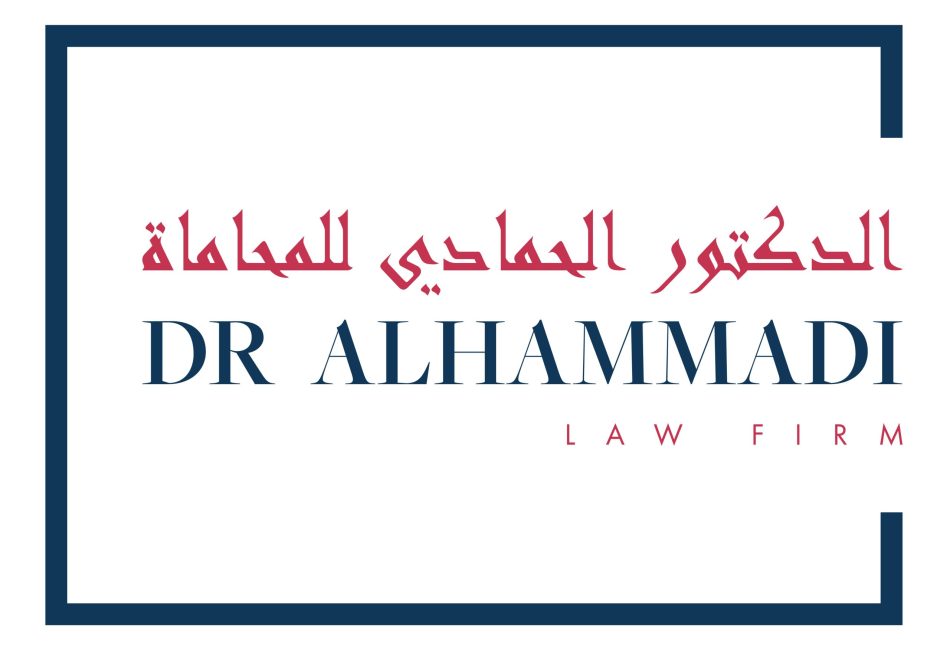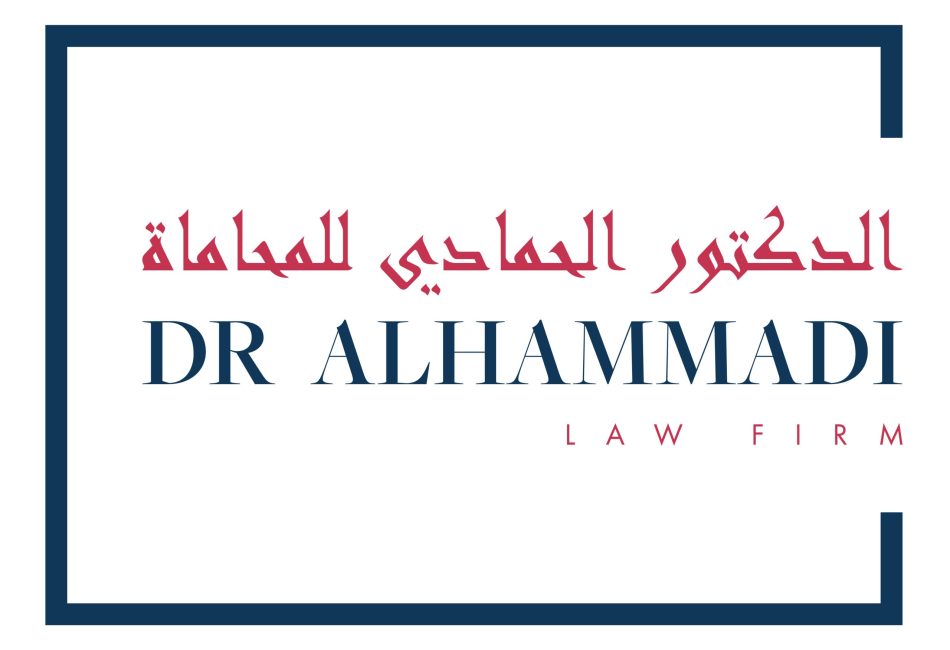Standing over 828 meters tall, the Burj Khalifa is more than just the world’s tallest building—it is a global icon of luxury real estate and architectural achievement. With its premium residences, ultra-exclusive amenities, and prime location in Downtown Dubai, it attracts investors, high-net-worth individuals, and sovereign buyers from across the world.
However, purchasing high-value real estate in Dubai, especially in landmark properties such as the Burj Khalifa, is not a simple financial transaction. It requires detailed legal oversight, an understanding of UAE property laws, and careful attention to regulatory compliance. Whether buying a penthouse, full-floor residence, or luxury unit, investors must navigate the process with precision to protect their assets and avoid costly legal pitfalls.
Key Legal Considerations in High-Value Property Transactions
1. Understanding Freehold Ownership in Dubai
Foreign nationals can own freehold property in designated areas of Dubai, including Downtown Dubai and the Burj Khalifa. Freehold ownership grants the buyer full rights over the property, allowing for resale, leasing, or inheritance. The Dubai Land Department (DLD) manages the legal registration of these titles, and all ownership must be officially recorded to obtain legal recognition.
2. Comprehensive Due Diligence
Due diligence is a non-negotiable step when purchasing a luxury property. It involves:
- Verifying title deeds and ownership status
- Checking for existing mortgages or legal encumbrances
- Confirming the property is free from tenancy disputes or developer claims
- Reviewing service charges and building maintenance records
This step protects buyers from future legal or financial complications.
3. Sales and Purchase Agreement (SPA)
The SPA is a legally binding document outlining the terms of sale. In high-value transactions, the SPA must clearly define:
- Payment milestones and handover schedules
- Conditions precedent (e.g., completion of snagging, DLD approvals)
- Penalties for delays or breach of contract
- Escrow payment terms (where applicable)
Custom drafting or review by a real estate lawyer is critical to prevent vague clauses that could later result in disputes.
4. Financing, Mortgages, and LTV Limits
Buyers intending to finance their purchase must adhere to the UAE Central Bank’s loan-to-value (LTV) limits. For non-residents purchasing luxury properties, mortgage availability may be limited and often subject to a 50–60% LTV cap. Interest rates, lender approval processes, and potential early settlement penalties also require legal evaluation.
5. DLD Registration and RERA Compliance
Every property transaction must be registered with the Dubai Land Department, which issues the title deed. If the transaction involves an off-plan property or developers, Real Estate Regulatory Agency (RERA) regulations may also apply. Compliance includes registering the SPA, paying registration fees (typically 4% of the property value), and adhering to escrow regulations for off-plan units.
6. Associated Taxes and Fees
While Dubai has no annual property tax, investors should budget for:
- DLD registration fee (4%)
- Oqood fee for off-plan units
- NOC fees from the developer (usually AED 500–5,000)
- Annual service charges based on RERA-approved rates per sq. ft.
Understanding these costs is essential for accurate financial planning.
The Role of Legal Professionals in Luxury Real Estate Deals
Luxury property transactions are often multi-layered, involving banks, developers, brokers, and government entities. Engaging a real estate lawyer in Dubai can help:
- Contractual Protection: Lawyers review or draft the SPA to protect the client’s interests and minimize legal risk.
- Regulatory Navigation: Legal professionals help investors understand and comply with UAE property laws, from due diligence to DLD registration.
- Dispute Resolution: In the event of disagreements over payment terms, defects, or handover delays, legal experts provide mediation or litigation support.
- Cross-Border Coordination: For international clients, lawyers assist with power of attorney setups, translation of documents, and coordination with consulates or embassies.
Dr. Alhammadi Law Firm’s Expertise in High-Value Real Estate Transactions
Dr. Alhammadi Law Firm is one of the leading law firms specializing in luxury real estate transactions in Dubai. With deep knowledge of DLD processes, RERA regulations, and property contract law, the firm is well-positioned to serve both local and international investors.
Our Services Include:
- Tailored Legal Consultations: Guidance on freehold ownership, title verification, and financing requirements specific to Burj Khalifa and similar high-profile properties.
- SPA Drafting and Review: Creating or vetting legally sound contracts that align with both UAE law and the client’s risk profile.
- Registration & Compliance Support: Facilitating property transfer with the Dubai Land Department and ensuring adherence to RERA standards.
- Dispute Handling: Representing clients in case of contractual disputes, developer delays, or financial disagreements.
Conclusion: Secure Your Investment with the Right Legal Partner
Investing in luxury real estate offers unmatched prestige, but it also demands a meticulous legal process. From verifying ownership rights to managing registration and drafting legally enforceable agreements, every step requires attention to detail. With millions of dirhams at stake, legal mistakes are simply too costly.
By working with Dr. Alhammadi Law Firm, investors gain access to a team of experienced professionals who understand the nuances of Dubai’s luxury real estate market. Our comprehensive legal support helps clients complete transactions confidently, protect their investments, and enjoy peace of mind in one of the world’s most exclusive addresses.
Dr. Mohamed Alhammadi Advocates & Legal Consultants Office LLC provides escrow and/or paymaster services only where such services are ancillary and wholly incidental to the provision of legal services.

